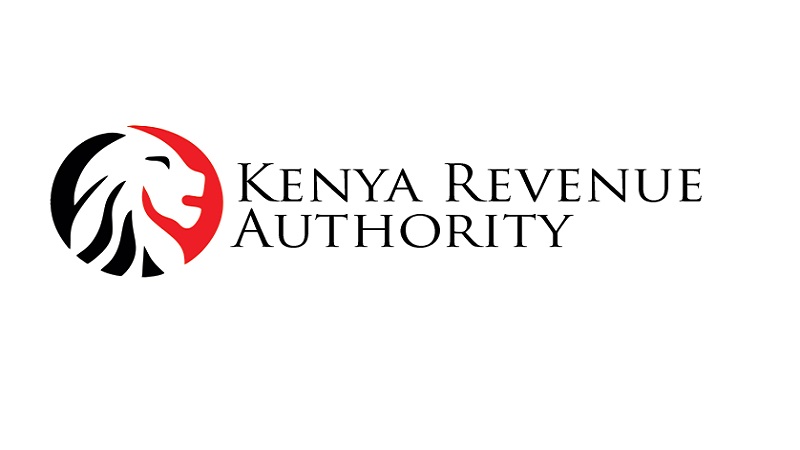KRA Pledges to Support Taxpayers to Comply with New Electronic Tax Invoicing Requirements

With the deadline for businesses to fully switch to electronic tax invoicing, the Kenya Revenue Authority (KRA) has pledged to support taxpayers in complying with the requirements.
KRA amended the Tax Procedures Act to require the use of electronic tax invoices by all taxpayers including those who are not VAT- registered. Effective 1st September 2023, every person in business is required to issue, transmit Electronic Tax Invoices (ETI) and maintain a record of stocks through an electronic management system prescribed by the Commissioner (eTIMS).
Further, effective 1st January 2024, all taxpayers will be expected to support expenses claimed in their tax returns with electronic tax invoices that have been generated and transmitted to KRA’s system.
KRA says the expansion of electronic tax invoices to incorporate all taxpayers is part of its strategy to enhance tax compliance. ”KRA is leveraging on modern digital infrastructure to provide flexible tax solutions aligned with evolving business needs,” it says in a statement.
KRA has tailored solutions within the eTIMS platform, to cater to various business models, sizes, and types of
taxpayers that can be accessed on mobile phones, tablets, personal computers and laptops.
An online portal has also been availed for those dealing with service-oriented businesses, while system-to-system integration options are available for entities utilizing software billing systems and those engaging in bulk invoicing.
To ensure a wide coverage and to support taxpayers with limited technology devices, KRA is partnering with government and private agencies for the development of more simplified solutions that meet the taxpayers within their own eco-system while facilitating them to comply.
KRA says it has established a comprehensive support framework across its offices, nationwide. This initiative aims to assist taxpayers in the onboarding process and provide education on the most suitable eTIMS solutions tailored to their specific requirements.
”These interventions are anticipated to enhance transparency in taxpayer transactions, thereby improving the accuracy of tax declarations. The move also seeks to streamline tax filing procedures, broaden the tax base, and ultimately bolster revenue collection efforts,” it says.
For existing non-VAT registered taxpayers, onboarding to the eTIMS platform will be available up to 31st March 2024 to facilitate business continuity and allow for sufficient time for these taxpayers to make adjustments in their systems and business operations.
During the KRA Electronic Tax Invoicing onboarding period, penalties provided in law for failure to issue electronic tax invoices will not be imposed on the non-VAT registered taxpayers. Once onboarded, they will be required to progressively capture
manually generated invoices and receipts issued after 1st January 2024 up to the date of onboarding, onto the KRA system.
Follow us on Telegram, Twitter, and Facebook, or subscribe to our weekly newsletter to ensure you don’t miss out on any future updates. Send tips to info@techtrendske.co.ke



